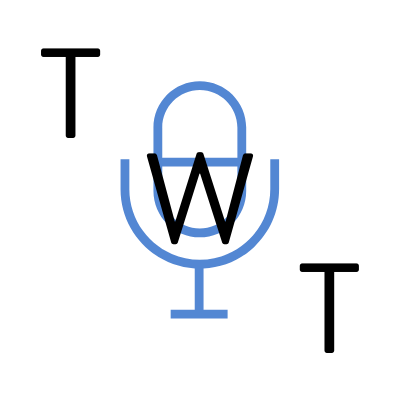Episode 216: Tracy Kovach: Re-Defining the Role of AAC Professionals (Part 2)
This week, we share Part 2 of Chris’s interview with Tracy Kovach! Tracy is an SLP and AAC specialist who has over 30 years of experience with AAC. She shares about helping Bruce Baker organize the Pittsburgh Augmentative and Alternative Language Seminar Series (PALSS), changes we should make to pre-service education (e.g. university classes), how implementation might change with brain-interface systems, and more!
Before the interview, Chris and Rachel answer a Patreon member’s questions about working with students who use AAC in a rural district. This listener had questions about creating a tool to help highlight symbols they want AAC users to focus on. She also had questions about choosing a core board to use as a universal support for everyone, and if she should limit the number of icons to make the layout less distracting for students.
Key ideas this week:
🔑 When teaching about AAC at the pre-service education level, we should be focusing on teaching students that AAC intervention is, to a large extent, language intervention. Previously, a large amount of effort was focused on teaching how to operate and program AAC systems, which may not be the most effective approach. The devices might change, but the need to teach language skills stays the same.
🔑 If you are working at a school campus, consider creating a “communication club” for students that meets regularly to support AAC users on campus. This is an authentic problem that some students could really get interested in helping out with. Club members could create and distribute core boards for the school, learn how to be a good communication partner, and practice modeling.
🔑 If Tracy could share one thing about AAC with everyone, she would share “AAC is not magic.” Just because you get the system, doesn’t mean it works right out of the box. Getting the device is only the beginning. AAC implementation is a lot of work and it doesn’t happen without lots of dedication and effort from both the AAC user and the user’s circle of support.
Links from this Episode
Minspeak’s Successful AAC Outcomes Seminars: https://minspeak.com/outcomes/
